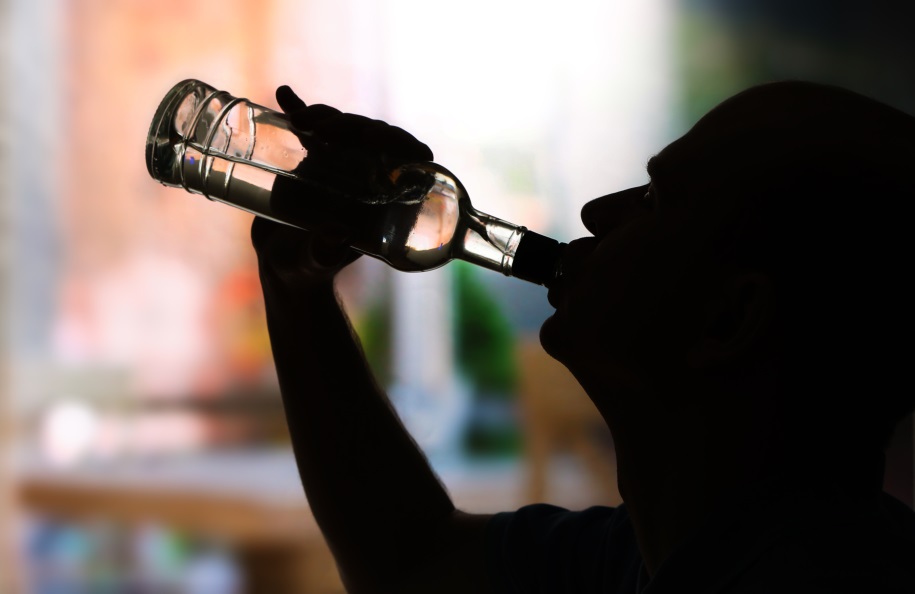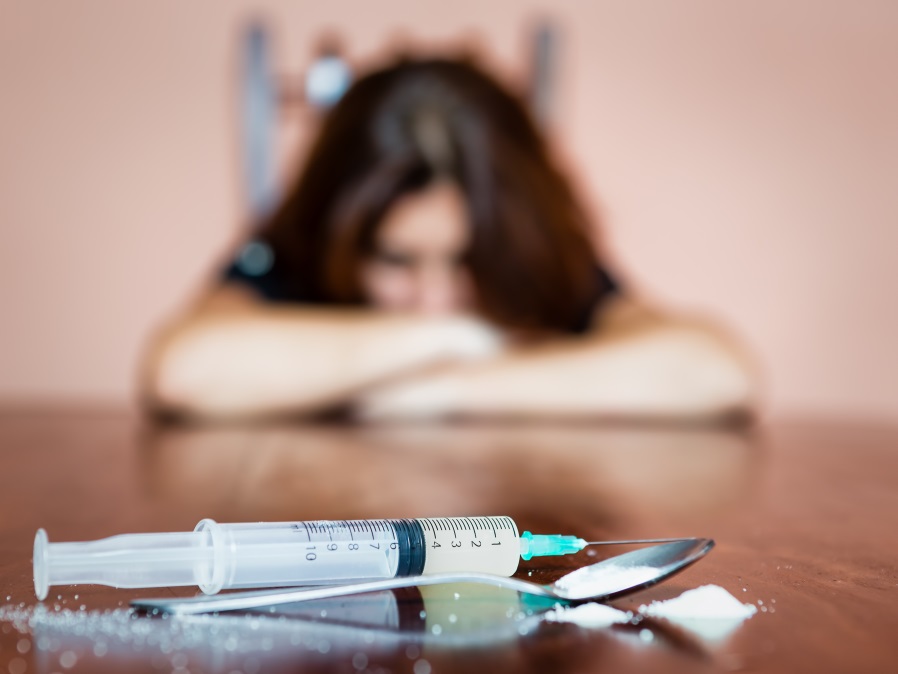Addiction affects over 20 million people in the United States, and while some may consider their addiction “manageable,” others obviously do not have it under control. With almost half the population of the federal prison system incarcerated due to a drug-related crime, it’s clear that substance abuse is an issue that has gotten out of hand — regardless of the efforts that have been made by programs like D.A.R.E. and the War on Drugs.
Whether it’s alcohol, crack or prescription drugs, whole communities and families can be negatively affected, and the addicted individuals themselves may spend decades behind bars or preoccupied with nothing more than their next hit or drink, while their health, work prospects and relationships are reduced to unrecognizable shambles.
Addiction is a treatable disease, but sadly, only 10 percent of the addicted population ever seeks and receives treatment. That meager statistic can, in part, be blamed on a handful of myths that persist regarding addiction. From the belief that you can only begin recovery once you’ve hit “rock bottom” to the cruel assumption that addiction is a simple issue of will power, here are eight addiction myths that stubbornly refuse to go away and keep people from getting the treatment they need.
Finding “Rock Bottom”
Many people within the throes of addiction mistakenly believe that recovery is only possible after they’ve hit “rock bottom.” As long as their family remains intact, they’re able to go to work and are still a functioning member of society, some addicts believe that treatment would fail. While it can take a “rock bottom” experience for some people to realize the depth of their need for help, any time someone is able to recognize that their drinking or drug use is out of control is the right time to seek treatment.
It’s Genetic, So it Can’t be Helped
While there are genetic components to addiction, there is no single gene or set of genes that cause someone to become an addict. Instead, a variety of factors are brought into play when a person develops a dependency on a substance. Personality, family of origin, trauma, a history of abuse or neglect, untreated mental illness — all these and more form a complex tapestry within a person that can create a propensity toward addiction. However, none of them — the genetic factor included — form a reason why addiction cannot be treated.
Drugs Ruin Your Brain
While drugs can and do have serious physical and psychological consequences in the one suffering an addiction, these effects are almost always temporary once the drug or alcohol abuse has ceased. Some people believe that once someone has abused a substance, they are no longer fit to work; this can keep former addicts and others working through recovery from finding gainful employment. When someone is unemployed or underemployed, the lack of structure and financial security can form its own barrier to recovery.
Addicts Lack of Will Power
Addiction is a disease, and people who suffer from it are not displaying inadequate will power. It is not an illness that goes away on its own or that can get better by committing to make changes in personal behavior.
Detox Will Fix It
Some addicts mistakenly believe that by simply detoxing their bodies, they’ve overcome addiction, but the reality of recovery — like addiction itself — is much more complex. Detox usually marks the beginning of the recovery process, but because addiction is a chronic illness — like asthma or diabetes — it must be managed proactively throughout an individual’s life.
Religion is a Requirement for Getting Sober
It’s true that many treatment programs and facilities have a religious component, but being or becoming religious is not a prerequisite to sobriety. Support from yourself, your family, your friends and a therapist or recovery group can supply you with the help and motivation you need to get sober.
Addicts are Weak People
For people who have never struggled with an addiction, it can be tempting to believe that addicts are weaker than those who never develop a dependency on a substance; even some addicts believe this about themselves. This belief is false. All different types of people become addicts: bodybuilders, CEOs, nannies, soldiers, teachers and farmers. Weakness has nothing to do with it.
Addiction is a Private Matter
Many addicts — and sometimes their families — believe that addiction is a private matter that doesn’t affect anyone but themselves. In reality, addiction affects families, friends, neighborhoods, workplaces and whole communities. It is in every community’s best interest to have healthy and contributing members, and addiction robs the addict and the community of that health and contribution. Whether it’s because its members are in prison or because parents can’t tend properly to their children, addiction affects every community in a negative way.
Addiction is a common modern-day affliction that is saturated in misinformation that keeps people who need help from receiving it. While it can be a struggle to overcome, addiction is a treatable disease, and the more it is recognized as such, the closer we will come as a society to eradicating it.













